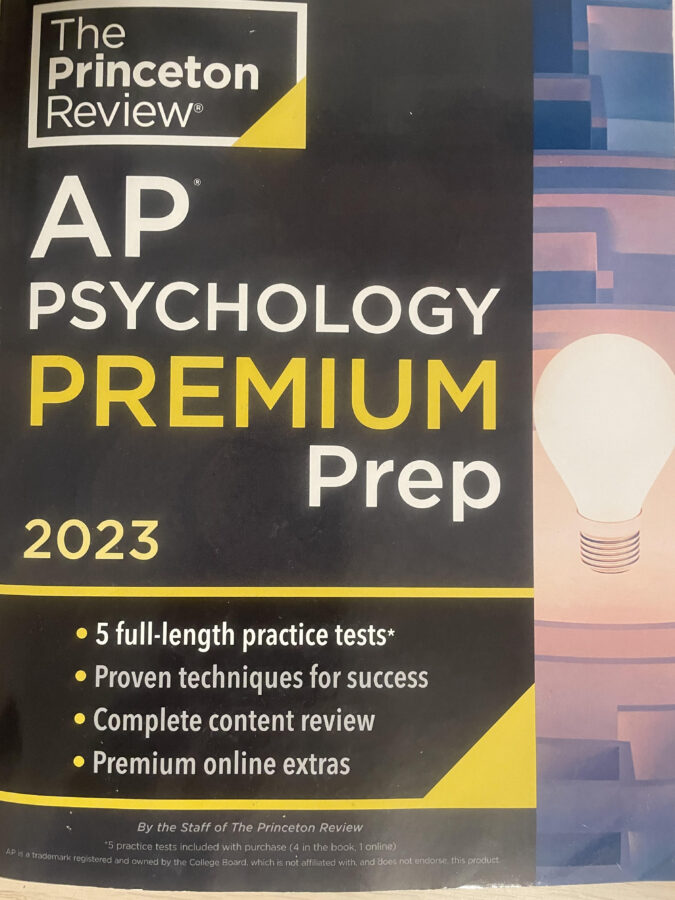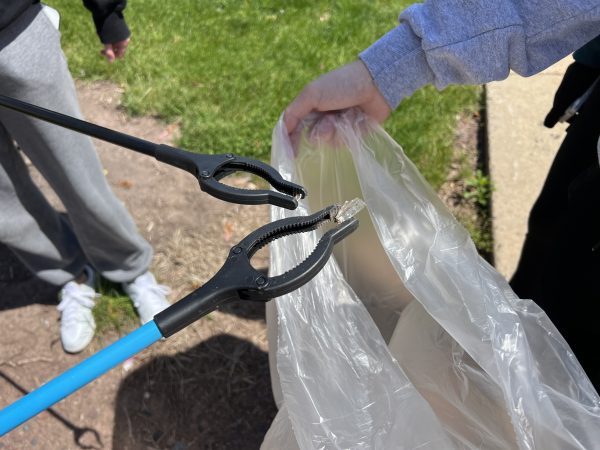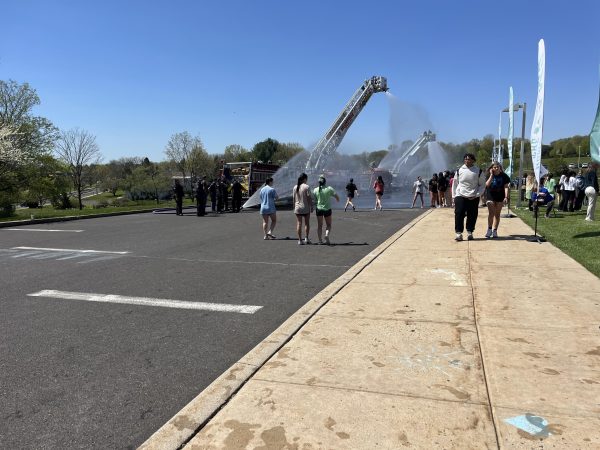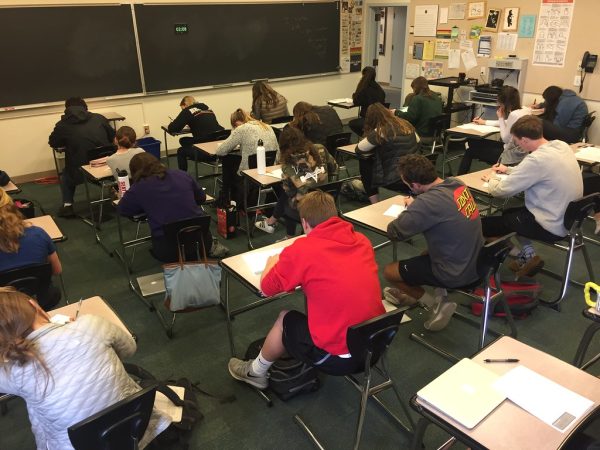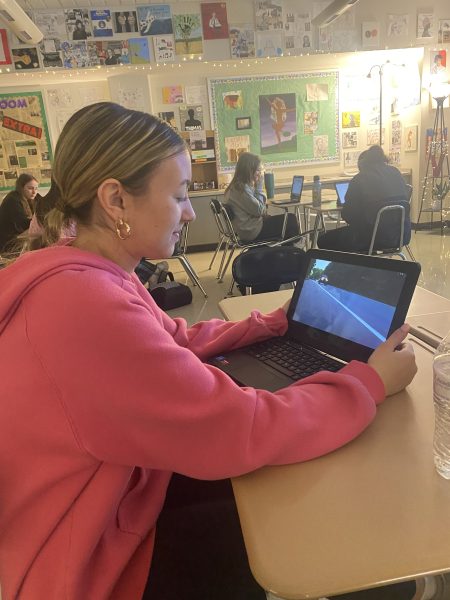Why Take AP Classes?
AP Psychology Review Book
Advanced Placement (AP) courses can be extremely beneficial for high school students as they prepare to move into a new season of life. Not only do they allow students to learn more complex, in-depth information, but also provide an opportunity to experience a fast-paced, college-like class before actually graduating high school. This type of college exposure has been preparing students all across the country to ultimately have a smoother and easier transition into their college education.
In short, the AP program, which is offered by the organization, College Board, allows high school students to earn college credit through a variety of 38 classes at their high school, all varying in difficulty. In these classes, students spend time learning all of the material in the curriculum at a college level. At the end of the course, they have the option to take an AP test for the class, which is a standardized exam that measures what they learned throughout the year. The exams cost around $95 each, are graded on a scale from one to five, and depending on the college, students can generally receive college credit for scores of a three or above.
When it comes to these classes, the reward is greater than the risk. Students often are deterred by the adjectives their teachers use when promoting these courses. “Fast-paced” and “college-level courses” do sound intimidating, and so does the three-hour-long exam. However, the courses don’t necessarily feel faster and harder when one is actually in them. AP teachers here at Pennridge are kind, enthusiastic, and always ready to help when a student may need it. Tammy Rissmiller, who teaches AP Calculus BC and AP Statistics, said “in terms of the class itself, we have a year to cover what a college student would cover in a semester.” This means that AP classes are the perfect hybrid of a high-level college course and an honors high school course. Kayla Weise, a current college student who took eight AP classes throughout her high school career, said “AP classes made the transition to college a lot easier.” Challenging AP classes in high school gave Weise a glimpse into the college experience, and overall better prepared her for a college workload, for learning strategies to study, and for finals.
Preparing for college is not the only benefit of these courses though. “Because of AP classes, I have the opportunity to graduate early,” Weise says. To reiterate this, Rissmiller, who has a daughter in college, is thankful for the money she saved because of her daughter’s decision to take AP courses. “You can and will save a lot of money,” she says. Overall, AP classes are beneficial because of the college exposure, new skills, and the thousands of dollars that one can gain and save. Despite their intimidating adjectives, there are so many good things that come from choosing an AP class, and most students who do never regret it.
https://apstudents.collegeboard.org/course-index-page
Emma Weise, Grade 12. Interests/hobbies include painting, being with friends and family, singing, serving at church, and listening to and playing music....
Brock Denlinger, Grade 12. Interests/hobbies include volunteering, hanging out with friends, going to the beach, and watching sports. Brock plans to attend...
